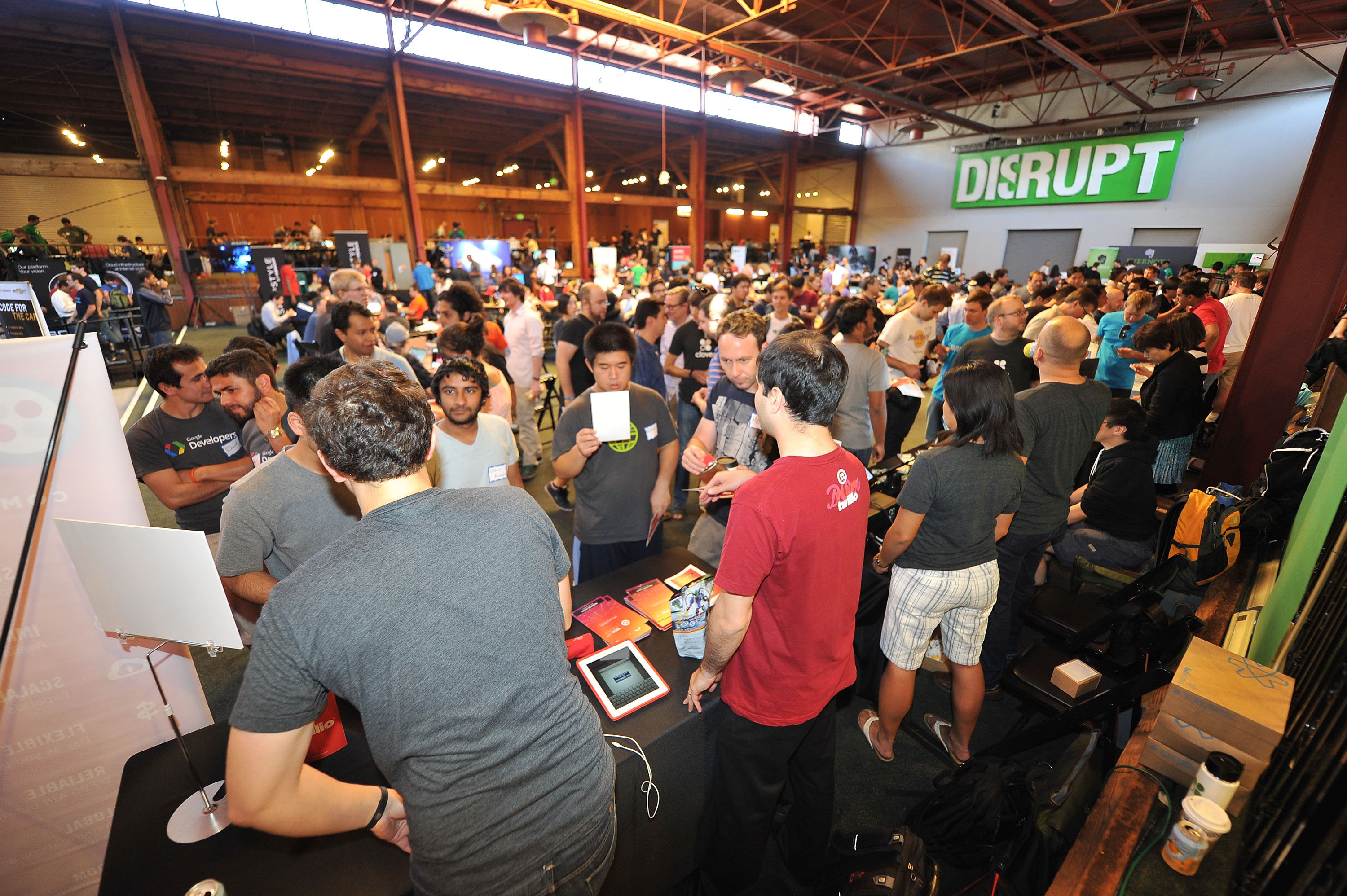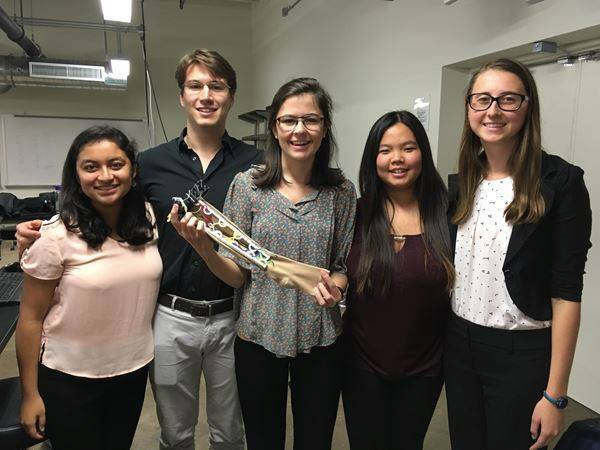The Obama administration proposed new provisions for immigrant entrepreneurs in August 2016. The administration designed the proposal to attract international entrepreneurial talent to the United States, especially in advanced technology fields. In mid-January, with only days left in President Obama’s term, the United States Citizenship and Immigration Services (USCIS) finalized the details of the “International Entrepreneur Rule.” It is scheduled to go into effect on July 17, 2017. Whether it goes into effect will depend on President Trump’s immigration plan, which may see changes in the current H1-B visa program.

Overview
The International Entrepreneur Rule would allow USCIS to grant discretionary parole to international entrepreneurs for two and a half years . However, entrepreneurs may struggle to qualify for a parole grant unless they are already involved in a successful venture. The rule states that first-time applicants must own at least 10% of a U.S. startup that is less than five years old and play a significant role in its management.
Applicants must also demonstrate that their startup has high potential for growth and job creation. The two main avenues for satisfying this criterion are demonstrating that the company has received $250,000 or more in venture capital from “established U.S. investors” or at least $100,000 or more in funding from government entities. Applicants that do not meet these standards may still qualify if they can demonstrate “significant public benefit that would be provided by the applicant’s (or family’s) parole into the United States.”
After their initial parole is over, entrepreneurs may apply to extend their stay for an additional two and a half years. In order to receive an extension, entrepreneurs must show that their startups have “shown signs of significant growth.” A total of two parole grants is the maximum; there are no further extensions. If entrepreneurs wish to stay longer, they must find another method to secure a visa or a green card.
Analysis
When this rule was originally proposed by the Obama administration, it received early praise; Tim Ryan, the co-founder of Startup San Diego, applauded the proposal as a step in the right direction.
However, government agencies only expect this rule to impact a very limited number of entrepreneurs. The Department of Homeland Security estimates that a mere 2,940 international entrepreneurs will qualify annually. DHS also estimates they will bring approximately 3,234 dependents and spouses. In contrast, the USCIS approved 85,000 H1-B visas in the 2014 fiscal year.
The high level of investment required may serve as a hurdle for applicants. Y Combinator, widely considered the world’s best startup accelerator, only offers startups a maximum of $120,000 in investment funding. However, to qualify for the proposed International Entrepreneur Rule, USCIS expects companies to have at least $250,000. Not only that, but this money must come from investors with a record of repeated investment successes. Some policy advocates worry that there simply will not be enough reputable investors able to provide that level of funding. Moreover, even if some investors can fulfill the requirement, they may not all have the necessary experience to satisfy the rule.
The rule may help to keep entrepreneurial talent in the U.S., but will do little to attract new recruits. The applicant pool may be limited by the requirements that the company must be U.S.-founded and that the applicant have a significant role in the company. Because of these specifications, applicants must be individuals who are already in the U.S. Nonetheless, this rule may help international students at U.S. universities who are unable to acquire H-1B visas.
There is also an issue of time — entrepreneurs only have five years, maximum. The high levels of investment required for initial application and renewal may put strain on startups. TechCrunch puts the average time of an “IPO-track startup” at about seven years, although it can take up to ten years. Given this information, the parole periods may not be long enough to positively impact startups.
Ultimately, potential investors may view the startup visa as an undesirable risk. Investors will be aware of the possibility that a company, or at least its key members, could lose immigration status.
Lastly, it is unclear whether the Trump Administration will alter the details of the rule. A Department of Homeland Security spokesman informed CNN on January 23 that the DHS is still awaiting guidance on how President Trump’s executive order freezing new and pending regulations will impact the International Entrepreneur Rule’s implementation.
Learning from Other Countries
The U.S. is not the first to propose a visa for startup entrepreneurs. Many other countries have established their own processes for admitting international entrepreneurs, including the United Kingdom, Canada and France.
The U.K. allows individuals wishing to set up or take over a business within its borders to apply for a Tier 1 (Entrepreneurship) Visa which can be extended before they can apply for settlement or an indefinite leave to remain. The U.K.’s financial requirements for applicants are also more flexible than the U.S. requirements in sources and amounts of funding. The U.K. startup visa does not require that applicants start the business themselves. Instead, intention of starting a new business, taking over one or providing significant funding is enough.
Canada seeks to attract innovative talent by tying them to government-approved Canadian entities with a goal of facilitating long-term success. The Canadian Start-Up Visa Program focuses on the creation of new startups. Applicants must obtain at least one letter of support that details funding from a list of designated organizations. This includes venture capital funds, angel investor groups and business incubators.
France launched its French Tech Visa in 2016 to complement the “French Tech Ticket” program it began in 2015. The French Tech Ticket program selects 70 international entrepreneur teams and provides funding and support with a French incubator for a year. The French Tech Visa expands this program to attract foreign startup founders, exceptional talent, investors and angels by offering renewable visas.
The U.S. could look into incorporating aspects of these programs to compete for the top foreign entrepreneurs. For example, the entrepreneurs can only renew this visa once; perhaps lawmakers could extend its duration or allow additional renewals. The U.S. could also aid the integration of accepted businesses into the startup and tech communities. These changes, however, would be dependent on President Trump’s immigration policy.
Conclusion
Eligibility requirements of the International Entrepreneur Rule are rigorous, and the time period allotted by the visa is short. It is reasonable to assume that the proposed startup visa would have little, if any, economic impact. Moreover, if President Trump repeals the order, there may be little hope for a truly meaningful startup visa. While Trump vows to “establish new immigration controls to boost wages and to ensure that open jobs are offered to American workers first,” his exact plans for reforming H-1B visas, including the possibility of a startup visa, are unclear.



 uasive speaking abilities.
uasive speaking abilities. engineering students enrolled in ENGI 120. She says that “The entrepreneurship at Rice is one of the best in the nation because we have such creative students here, the Elevator Pitch Competition is excellent practice to learn to present not only something you’re working on but also yourself.”
engineering students enrolled in ENGI 120. She says that “The entrepreneurship at Rice is one of the best in the nation because we have such creative students here, the Elevator Pitch Competition is excellent practice to learn to present not only something you’re working on but also yourself.”



 Andrew Maust joined the team last spring after going to several tea tastings. Since then, he’s climbed the ladder from kitchen worker to operations manager.
Andrew Maust joined the team last spring after going to several tea tastings. Since then, he’s climbed the ladder from kitchen worker to operations manager.